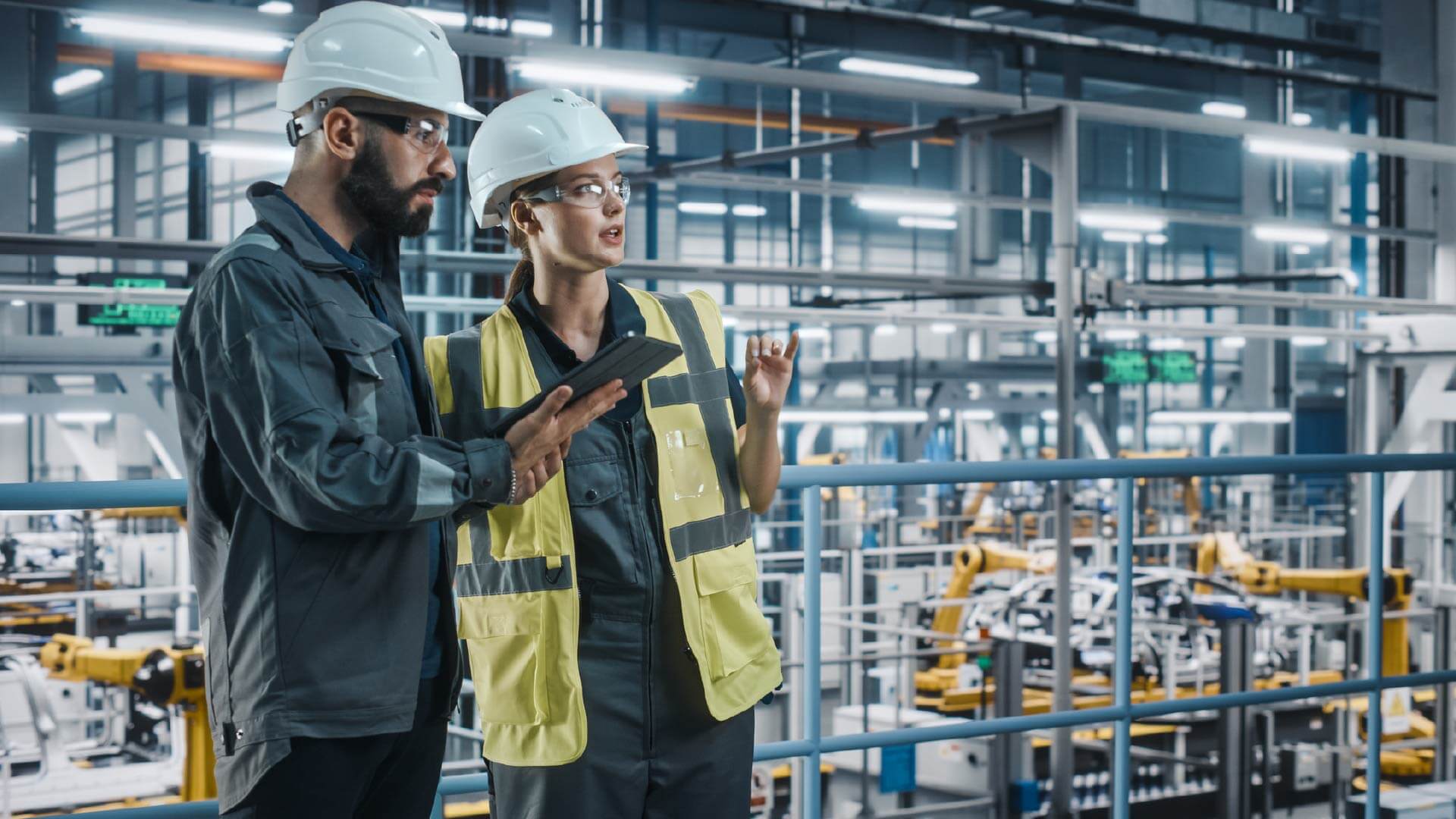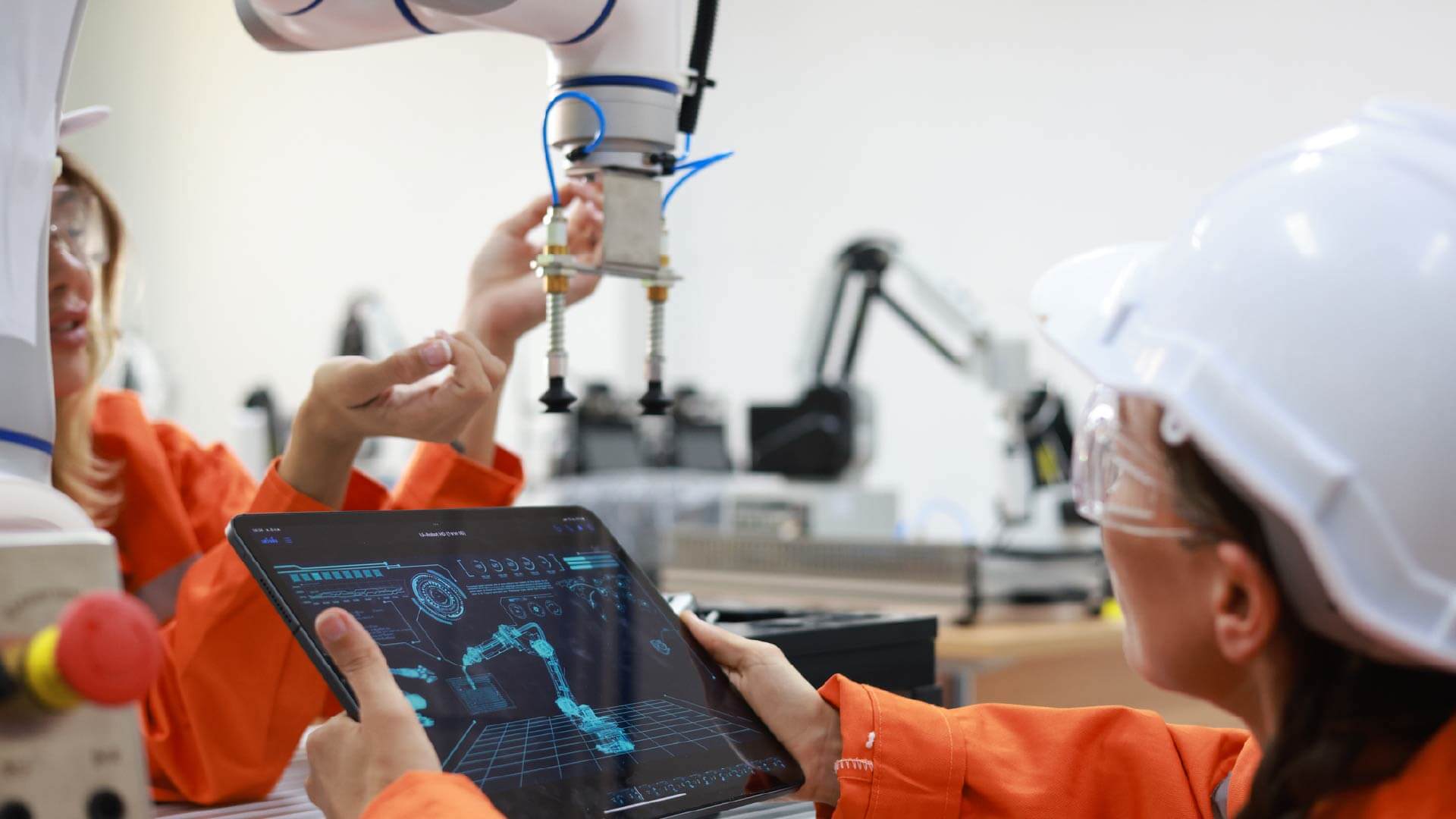How Generative AI Will Revolutionize Industrial Operations
Generative AI, a class of machine learning algorithms that generate new data samples based on input patterns, promises to transform industrial operations through automation, optimization and efficiency. Prime examples include OpenAI's GPT-4, a language model producing human-like text, and DALL-E, which creates images from textual descriptions. Generative AI's ability to create new data samples has broad applications in industries, driving innovation and reducing costs. Use cases that are already leveraging generative AI include:
- Predictive maintenance: Generative AI can produce new failure patterns and scenarios that may not be present in historical data, enabling more accurate predictions and adaptive maintenance plans. This surpasses traditional rule-based systems, which are limited to known patterns. Embassy of Things, an industrial software provider, launched Twin Talk GPT, a solution that leverages generative AI to help manufacturing and energy firms train and test predictive maintenance models.
- Design optimization: Generative design utilizes artificial intelligence (AI) and advanced algorithms to automatically generate design solutions based on specific input criteria and constraints. Instead of creating a single design manually, generative design explores a vast number of potential solutions to a given problem, taking into account factors such as materials, manufacturing processes, performance requirements, and cost constraints. Autodesk provides generative design for manufacturing with Fusion 360.
- Supply chain and inventory management: Generative AI creates simulations of potential supply chain scenarios, helping organizations to identify risks, bottlenecks and inefficiencies. This provides greater value than traditional forecasting and inventory management methods that rely on historical data alone. Inspectorio provides a generative AI-driven supply chain management solution that leverages data from across its supplier ecosystem to deliver corrective and preventative action.
- Asset performance management: The field of asset performance management encompasses a wide array of interconnected use cases, ranging from reliability analysis to risk management. This generates an extensive amount of data, potentially leading to challenges in accessing the necessary information promptly. Generative AI with a natural language processing user interface produces context-aware responses and explanations that can be found effortlessly, eliminating the need for data engineering or coding skills. Cognite is developing a chatbot service designed to facilitate conversations between operators and data, enabling them to assess assets and receive guidance on addressing emerging issues.
Generative AI has the potential to revolutionize industrial operations. Adopting natural language interfaces can serve as an initial step for industries to integrate generative AI into their systems, helping to contextualize data. C3 AI’s Generative AI product suite, which features a natural language interface, can be built natively into every C3 AI application, including ESG, CRM, reliability and supply network risk. To fully harness generative AI's potential and usher in a new era of industrial operations, industries must address challenges such as data privacy, overfitting and bias – all while preparing their workforce for transformations. By promoting collaborative efforts, offering continuous learning opportunities for employees, and proactively investing in generative AI integration, industries can ensure a smooth transition to an AI-driven landscape. Embracing generative AI will pave the way for increased automation, efficiency and adaptability, ultimately shaping a more innovative and competitive future for industries like robotics, healthcare and energy management.
About The Author

Henry Kirkman
Industry Analyst





